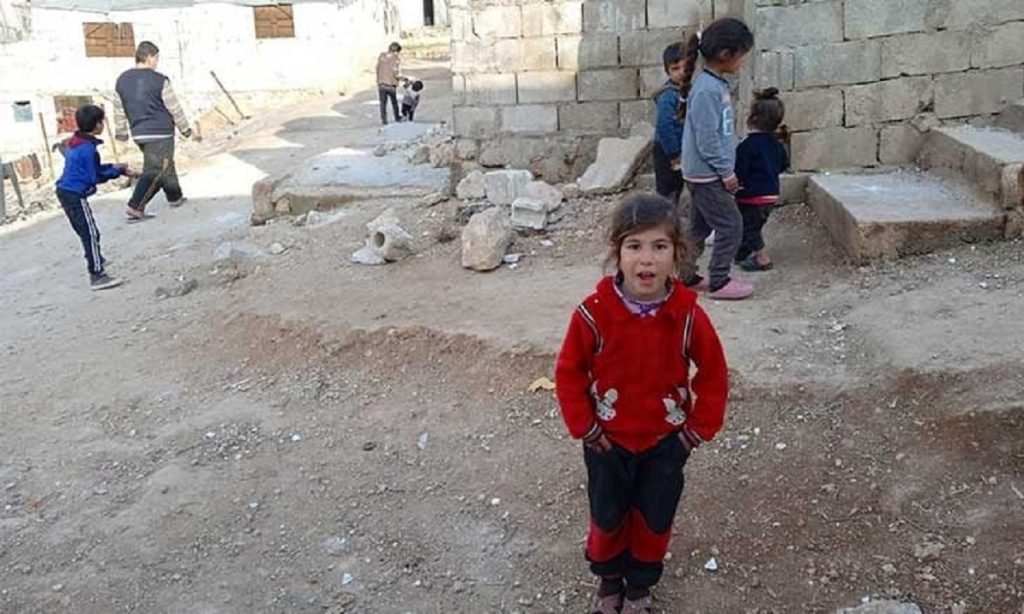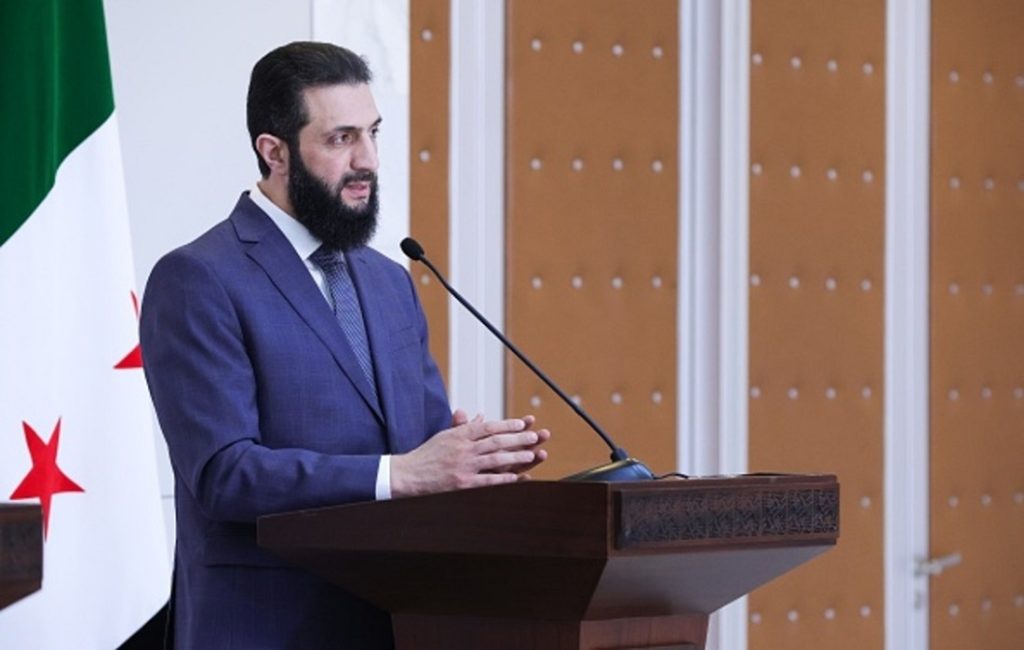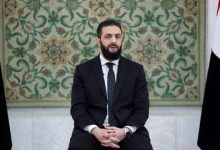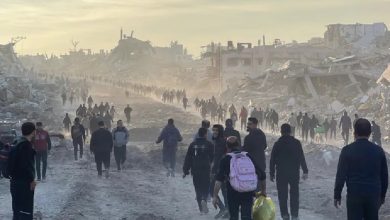UN Humanitarian Coordinator in Syria Reflects on Progress Amid Ongoing Crisis and Funding Challenges
David Carden Calls for Continued Support for Syria’s Vulnerable Populations as Humanitarian Efforts Transition

Watan-In a press conference from Gaziantep, Turkey, David Carden, Deputy Regional Humanitarian Coordinator for the Syrian Crisis, expressed hope that “the humanitarian phase in Syria will be as short as possible, so we can move forward toward recovery and reconstruction, and in this context, see further easing of sanctions.”
He added that he feels optimistic about the reduction in levels of conflict in Syria, noting that if this positive trajectory continues, people will have a chance to live in peace. He emphasized that people do not want temporary relief, but rather opportunities to earn a living and rebuild their lives with dignity.
Carden pointed out that his position will officially end as of Tuesday as part of the United Nations’ transitional efforts in Syria to streamline the coordination response led by the resident coordinator and humanitarian coordinator in Damascus by the end of June.
He stated: “The job of a humanitarian worker is to remove themselves from their position and create conditions where humanitarian aid is no longer needed. With the end of my position, I hope this also reflects a serious path toward a brighter and more stable future. The most vulnerable people in Syria deserve no less, and I wish them all the best.”

He noted that the situation has changed now, with a new Syria full of hope and opportunities. However, he emphasized that while conflict levels have decreased in many parts of the country, the crisis in Syria is not over.
The Deputy Humanitarian Coordinator clarified that more than 16 million people today are in need of assistance, which is equivalent to seven out of ten Syrians, the majority of whom are women and children. While there has been a gradual increase in returns this year, Syria remains one of the largest displacement crises in the world, with seven million internally displaced persons.
Carden stressed that the UN and its partners are doing their utmost with the available resources, but expressed deep concern over the severe funding shortfall, which has already led to the suspension of water and sanitation services in camps, safe spaces for women and girls, and other humanitarian activities across Syria.
He noted that the humanitarian community has secured $179 million so far, which represents less than 9% of the $2 billion needed to assist the most vulnerable populations until the end of June this year.

In response to a question about his relationship with the transitional Syrian authorities, Carden said that their relationship dates back to the days of Idlib when the current authorities were in the region. “We now have a positive relationship with the transitional government in Damascus, and we are working with them to improve the delivery of humanitarian aid, facilitate transactions, and register NGOs.” Regarding what happened on the coast, he said, “The positive thing is that these events have not been repeated, but there are still 30,000 people who fled to Lebanon.”
He confirmed that he has no involvement with the investigation committee for the coastal events, as his base is in Gaziantep and he is not part of the investigation committee.
Carden also pointed out that there are now facilitation measures for the movement of citizens in the north and east of the country, near Aleppo, with a number of citizens wanting to return to the Afrin region. He emphasized that the UN will continue to operate in Syria because there is a need for its presence, but the coordination center is now based in the office of the Humanitarian Coordinator in Damascus. The UN official, speaking in the final days of his role with the Humanitarian Coordination Office in Syria, confirmed that the delivery of aid is improving more and more.






